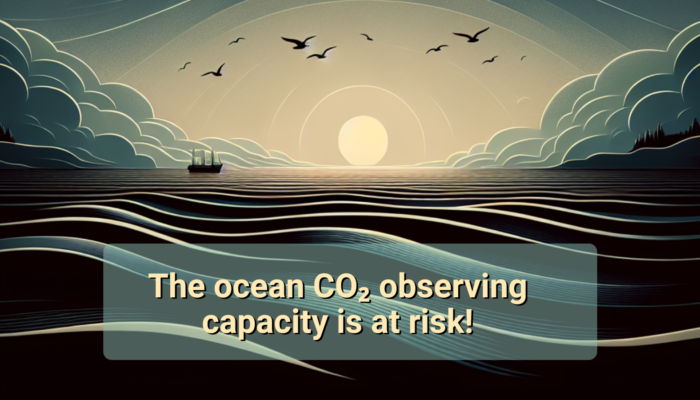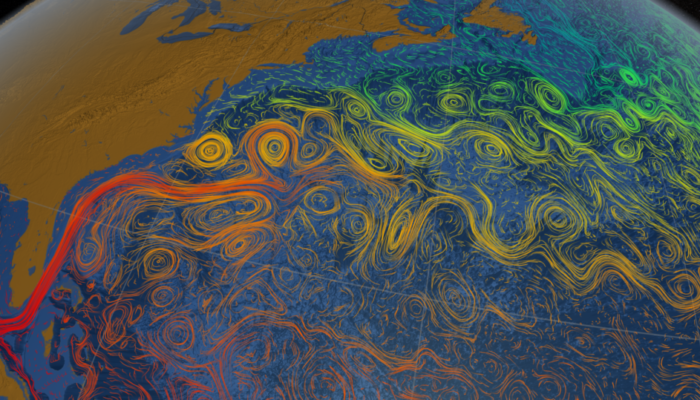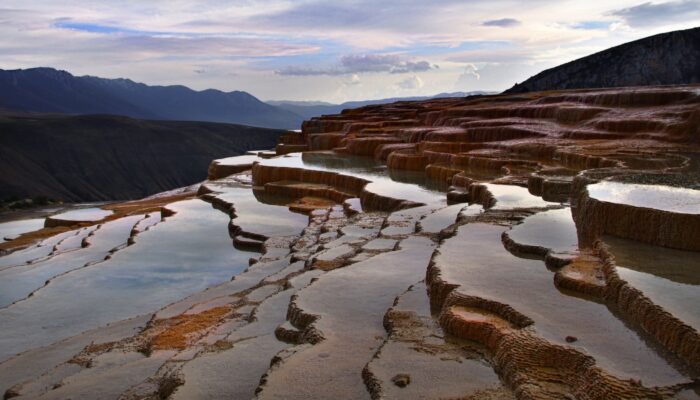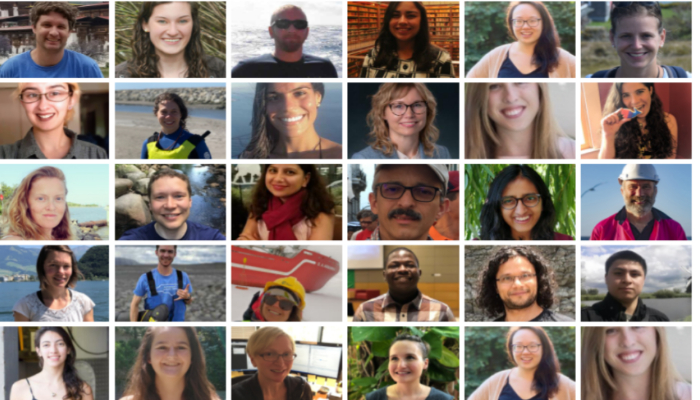„observations not taken today are lost forever.“ (Wunsch et al., 2013) The Critical Need for CO2 Measurements Imagine the ocean as a giant lung, breathing in carbon dioxide (CO2) and helping to keep our planet cool. It absorbs about 25% of the CO2 emissions from human activities, playing a crucial role in mitigating the pace of climate change. But what happens when we lose sight of this process? B ...[Read More]
Life as a “dry” oceanographer – studying Earth’s oceans from your laptop
I didn’t always know that I would become an oceanographer when I grew up, but I knew I would be doing ‘Science’. I was born and raised in Paris, France. While growing up, I was always interested in Science, from watching documentaries about the universe or nature, to attending science events at museums. While Science is very wide and encompasses many fields of research, I wasn’t too cl ...[Read More]
Career Progression – from Academia to Industry
During the summer Liam Brannigan contributed to an EGU careers workshop. Liam has had a diverse career, following his masters in maths at Edinburgh University he worked for several years as an investment consultant. In 2010 however, he fancied a change and embarked on a career in physical oceanography, completing his MSc at Bangor University and his PhD at the University of Oxford. A few post-docs ...[Read More]
Why you (yes, you!) should take part in a hackathon
Back in August, I attended Oceanhackweek 2020. As an oceanographer by trade and free software nerd by heart, I loved the idea of an event that combined the two. I looked forward to learning from other oceanographers and coders, and perhaps giving something back to the free software community. What is a hackweek/hackathon? If you have yet to dip your toes in the wonderful world of free software, th ...[Read More]




